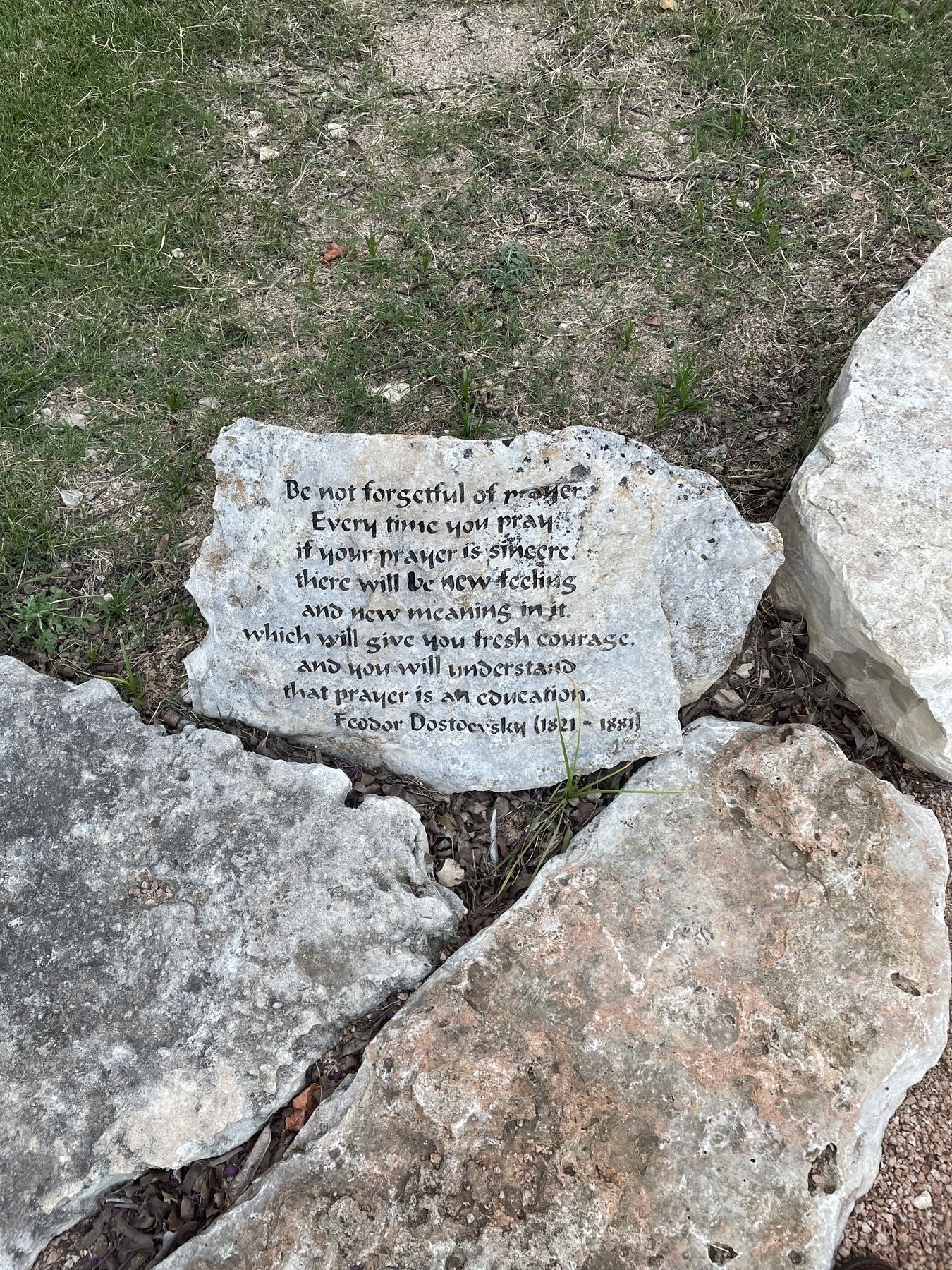In an article about the poetry of doubt and faith, Christian Wiman brings together Christology with interpretation. The way I read Wiman’s take on John 8, he seems to say that the two natures of Jesus the Christ source and pattern the mind’s conception of being and meaning. In other words, two seperate ways of encountering life are, in Christ, one thing. Does that mean, in some sense, the hermeneutical key of meaning and being is the mystery of the hypostatic union?
Being and meaning: two ways in which the mind relates to – or, in the case of the former, participates in, even fuses with – life. Christ and Jesus: two names that are the source and pattern for that way of relation. Christ is Being itself. Jesus is one specific meaning that Being acquired at one specific date in history (and forever after). And they – being and meaning, Christ and Jesus – are one thing.
In the same article, the theme of faith and poetry touches on a question I’ve been considering. How are poems like prayer? Or said another way, what about prayer fits so well to poetry? Wiman gives a response by sharing a poem by the Australian poet Les Murray. I’ll include it here
Poetry and Religion
Religions are poems. They concert
our daylight and dreaming mind, our
emotions, instinct, breath and native gesture
into the only whole thinking: poetry.
Nothing’s said till it’s dreamed out in words
and nothing’s true that figures in words only.
A poem, compared with an arrayed religion,
may be like a soldier’s one short marriage night
to die and live by. But that is a small religion.
Full religion is the large poem in loving repetition;
like any poem, it must be inexhaustible and complete
with turns where we ask Now why did the poet do that?
You can’t pray a lie, said Huckleberry Finn;
you can’t poe one either. It is the same mirror:
mobile, glancing, we call it poetry,
fixed centrally, we call it religion,
and God is the poetry caught in any religion,
caught, not imprisoned. Caught as in a mirror
that he attracted, being in the world as poetry
is in the poem, a law against its closure.
There’ll always be religion around while there is poetry
or a lack of it. Both are given, and intermittent,
as the action of those birds—
crested pigeon, rosella parrot—
who fly with wings shut, then beating, and again shut.

